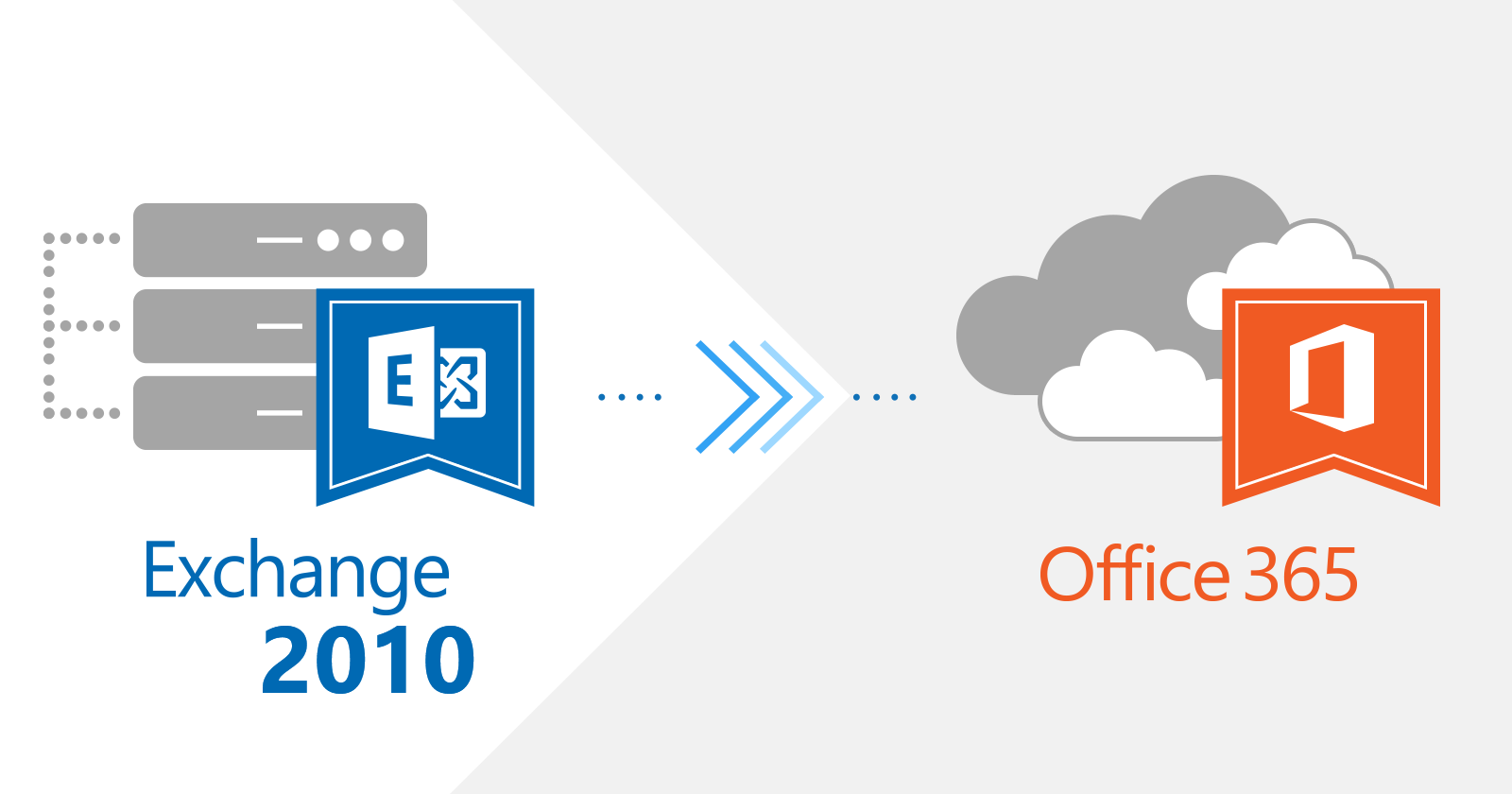Since the NFT market is highly unregulated, it’s easy for scammers to take advantage. Thankfully, NFT scam prevention is possible. You just have to know which NFT scams are out there and stay away from them.
With that said, here are some of the most common NFT scams and how to avoid them.
-
Fake NFTs
One of the most common scams is selling fake or counterfeit NFTs. These are difficult to spot, as there is no central authority to verify the authenticity of an NFT. However, there are a few things to look out for that may indicate a fake NFT:
- The NFT is offered at a significantly lower price than similar NFTs
- There is no information about the creator or provenance of the NFT
- The NFT is being sold on a shady or unreputable platform
If you’re unsure about an NFT’s authenticity, do some research on the creator and the platform it’s being sold on. You can also check online forums and groups to see if anyone has reported it as a fake.
-
Ponzi Schemes
Ponzi schemes are a type of fraud in which investments are promised high returns but are actually used to pay earlier investors. This is done with NFTs by selling fake or overpriced NFTs, promising high returns, and then disappearing with the money.
To avoid being scammed in a Ponzi scheme, do your research on the NFT and the person selling it. Be wary of anyone promising guaranteed or excessive returns, as this is often a red flag. You should also be careful about investing large sums of money in an NFT without knowing its true value.
-
Phishing Scams
Phishing scams are another type of fraud, which can be done with NFTs by sending fake emails or messages that appear to be from a reputable source. These emails will usually contain a link that leads to a fake website, where you may be asked to enter your personal information or login credentials.
To avoid being scammed in a phishing scam, never click on links in emails or messages from people you don’t know. If you’re unsure about the authenticity of an email, you can hover over the link to see where it leads before clicking on it. You should also never enter your personal information or login credentials on a website unless you’re sure it’s legitimate.
If you’re looking for reliable NFT marketplaces, check out the highlighted link.
Avoid NFT Scams at All Costs
As you can see, NFT scammers are clever, and NFT scams are a major problem. However, if you follow the tips in this article, you can avoid them.
Remember to always do your research before investing in an NFT. Also, never click on links or enter your personal information into a website unless you’re absolutely sure it’s legitimate. By simply following these simple tips, you can keep yourself safe from NFT scams.
If this NFT buyer guide was helpful, be sure to check out our other articles. Have a great day!






Be First to Comment